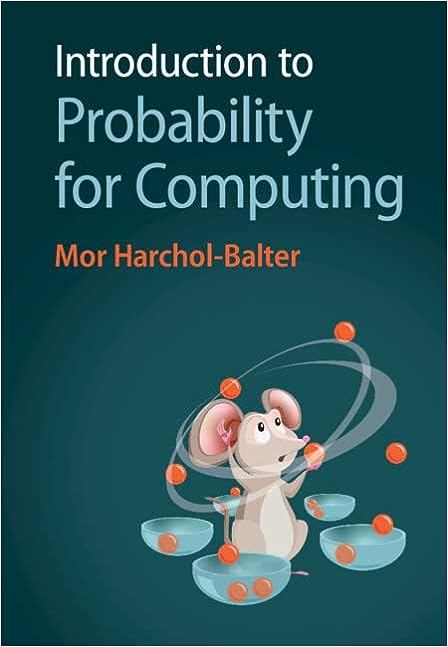A new book announcement from Mor Harchol-Balter:
Dear Theory Friends, I am excited to announce that I just completed writing a new textbook, titled Introduction to Probability for Computing, published by Cambridge University Press, 2024. This book is based on my “Probability and Computing” class at CMU. It should be useful for teaching undergraduates and masters students. This link includes a pdf for every chapter.
The book is written in the usual student-friendly Question/Answer format that many of you have come to know from my earlier textbook: Performance Modeling and Design of Computer Systems: Queueing Theory in Action. Thanks for taking a look!
Mor
